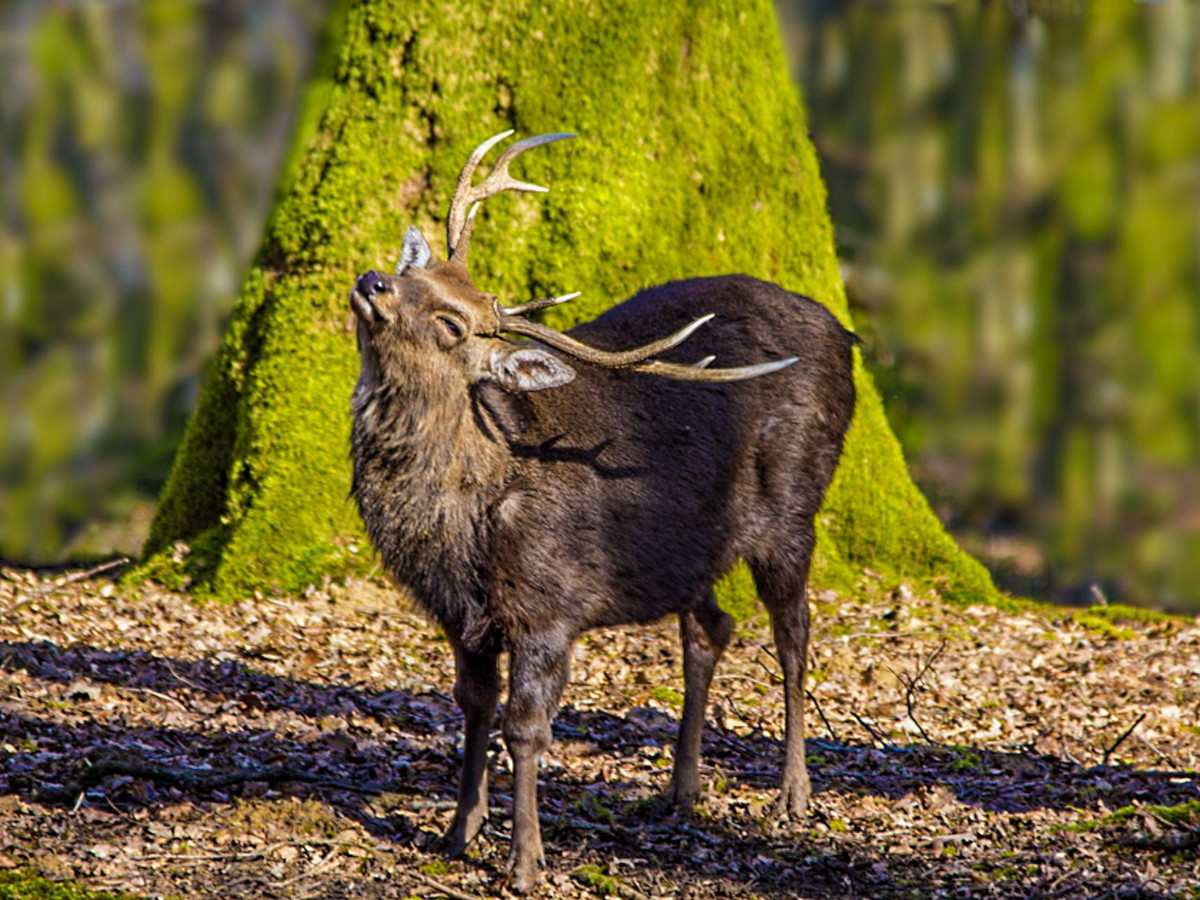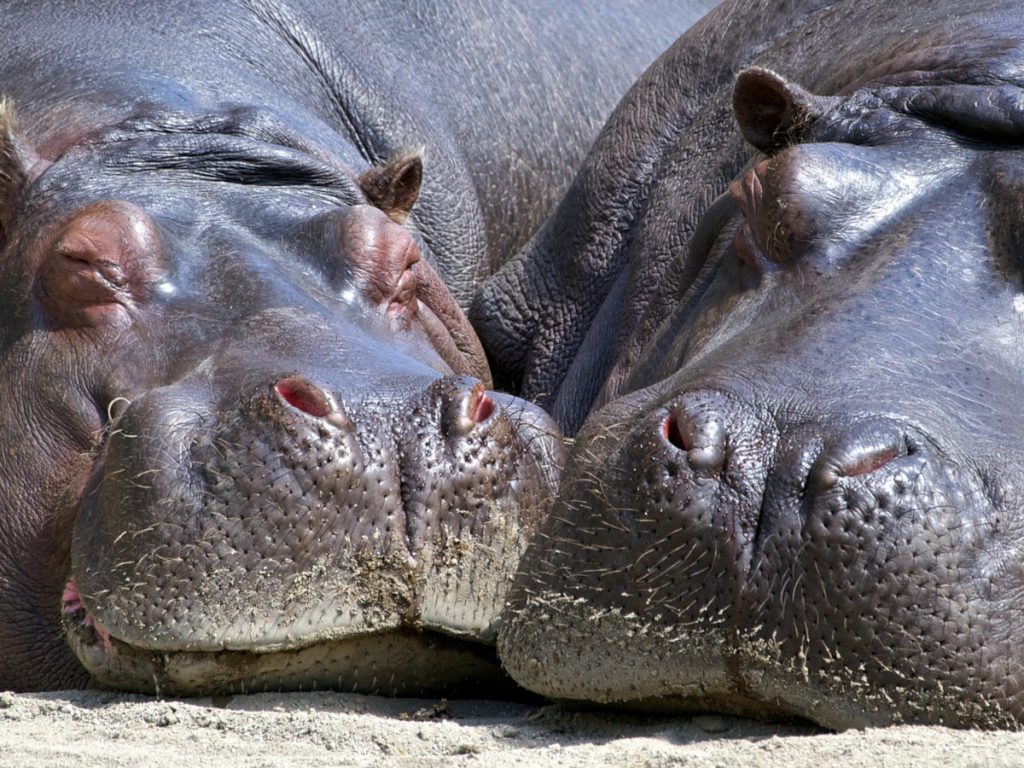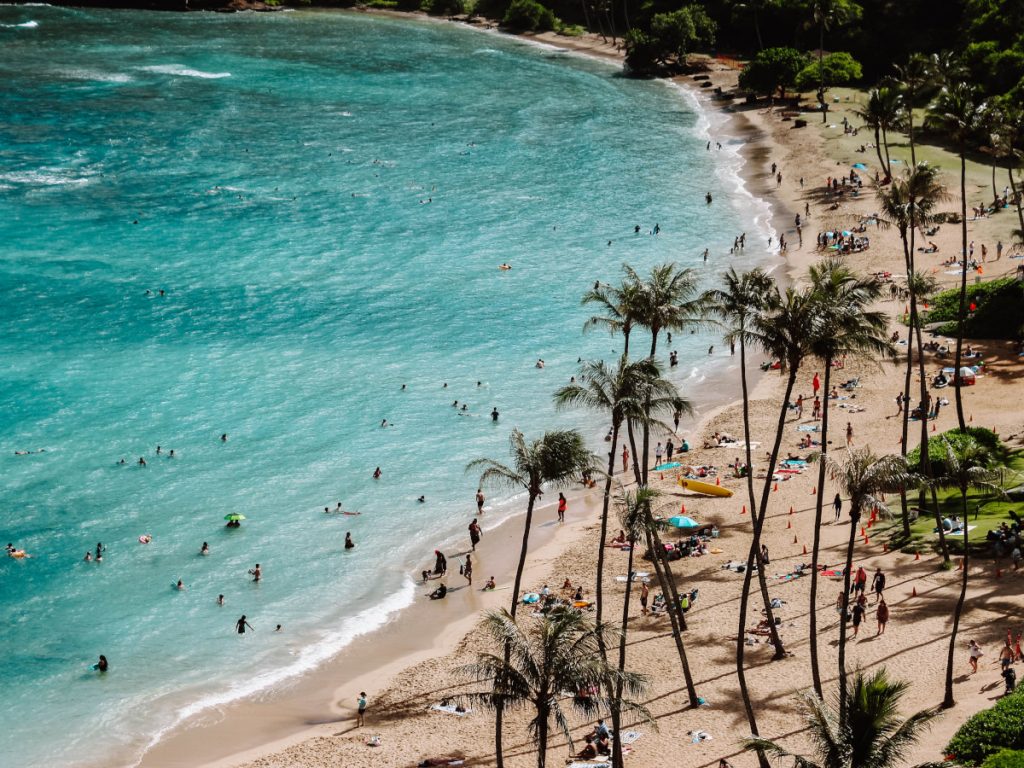Obama's wisdom: protecting nature

Former US President Barack Obama recently appeared on Netflix as the narrator of the new docu-series, Our Great National Parks. In it, visit some of the world's most beautiful and remote national parks, where nature once again takes centre stage. Approximately 15% of the world's land is now a protected nature reserve. Most of these parks were founded during Obama's years in the world, he says in the series. In the series, Obama stresses the importance of preserving these natural spaces, for the Earth, for the animals and, of course, for people as well. Many of the national parks are, to some extent, accessible to humans and worth visiting. Before planning a trip, it is important to consider whether you have a ESTA United States for the country in which the park is located.

Nature continues to surprise
As crazy and wonderful as we can invent something, there is somewhere in the world where nature has already invented it. For example, there are surfing hippos off the coast of Gabon in the Atlantic Ocean. At night, they swap the fresh water for the choppy salty waves and let themselves drift until they find an ideal place to graze all night. "Their 3,000 kg bodies feel lighter in the salty seawater," says Obama. It is one of the few places where the rainforest borders directly on the beach and the sea. Other animals, such as jungle elephants, gorillas, Red River hogs and leopards, also sometimes come out of the jungle and leave their footprints on the long beach of Loango National Park. "As you can see, nature can continue to surprise us as long as we give it space to flourish," Obama concludes.
They have also had to learn the hard way in Hawaii. For years, Hanauma Bay was Hawaii's most popular tourist beach. The more popular it became, the more the area began to suffer from the large number of tourists. In 1967, it was declared a protected nature reserve and underwater park, and the focus shifted to the restoration and conservation of this nature reserve. An important part of this is to limit the number of tourists, but mostly they try to teach people visiting the area more about the animals and nature of the area, and how to contribute to a peaceful partnership between man and nature. Travellers from outside the USA who want to travel to Hawaii need an ESTA. The ESTA is a travel permit that allows you to stay in Hawaii until you are in the United States. 90 days visa-free.

Free nature, the most beautiful thing there is.
The biggest difference between humans and most other species is that we prefer to adapt our environment to our desires, rather than adapt ourselves to our environment. Our ingenuity brings us many conveniences in everyday life, but we should not let ourselves be carried away at the expense of other animals. Fortunately, the number of protected natural areas continues to grow and this is paying off.
In Our Great National Parks, Obama's voice takes us to more extraordinary remote places. Yakushima National Park is an island in southern Japan. Because the protected nature of the islands has so much freedom to flourish, the most beautiful native plants are also found here. Animals also thrive in a special way when they are allowed to do as they please, and often even inter-species collaborations take place. Few large predators live in this area, which means that the average size of the animals, for example the sika deer, is smaller here than elsewhere. At only 90 cm tall, the deer scours the ground for decaying leaves, but these do not satisfy its appetite. It has a big appetite. Unfortunately, it cannot climb trees to enjoy the sweetness of the forest. Therefore, it usually waits quietly under the trees when the Japanese macaques start eating the fruit from the top of the trees. These careless eaters regularly drop some, which is then a feast for the deer.
In Tsavo National Park in Kenya, mongooses and hornbills also work closely together. The mongooses scour the ground for insects and bring them out for themselves and the hornbills. Meanwhile, the birds fly around, alert to possible approaching danger. These associations are essential for survival in the difficult conditions of unspoilt nature. Especially in extreme cases of drought. In terms of nature, Kenya is a beautiful country to visit. For this you need a Kenyan visa, which you can easily apply for online.
Countless benefits
The main message of the former US President in this docuseries is that the preservation of "our" nature is of vital importance for humans and animals. An indispensable part of all medicine comes from the natural spaces that are now protected. The sloths in Costa Rica's Manuel Antonio National Park, for example, are "little pharmaceutical factories", as Obama calls them. The fungi in their fur produce a substance that can be used against diseases such as malaria and cancer. Algae and coral in several bays help reduce carbon dioxide far more than forests on land.
In addition, for many countries there are also economic benefits. So-called ecotourism is a good source of income for countries with protected wilderness areas. By regulating the flow of tourists into these areas, they also remain protected, but travellers can still enjoy the wonders of nature.
Fastpacking is not about going faster. It's about going lighter.
If you come from classic trekking, this is the next step: learning to move with less weight,
more fluid and enjoying every kilometre more.
Join the Outsiders Newsletter and start discovering what lightness feels like.
